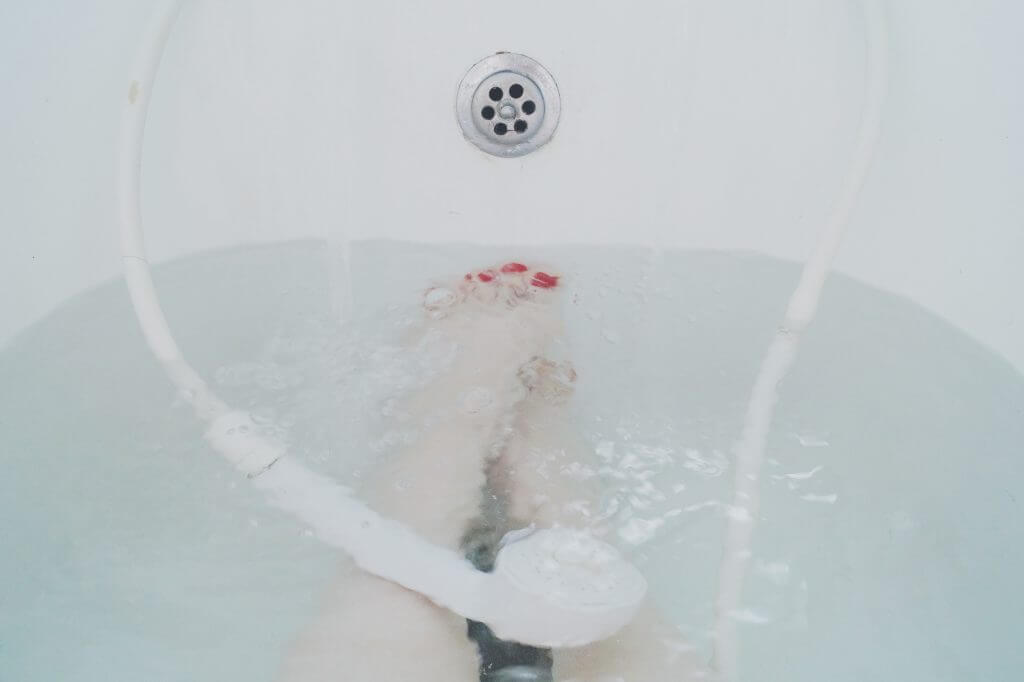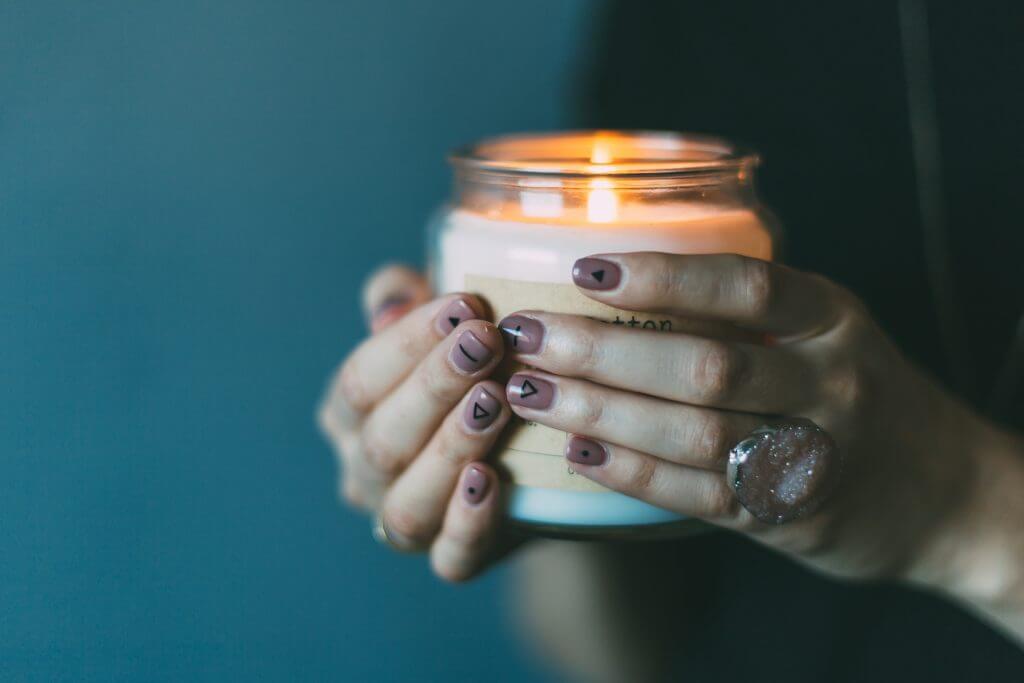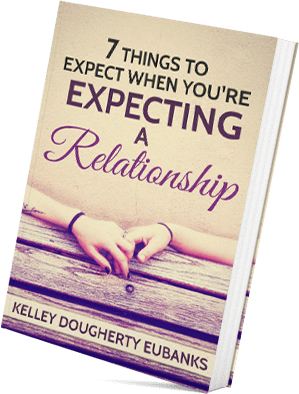As a family therapist who has worked with children, I have preached the importance of routines in children’s lives.
Routines are essential because kids need predictability in their lives. Predictability helps kids in many ways, but one that always stood out to me was the value it brought to their emotions.
When children know what is coming next, they can learn how to regulate their emotions accordingly.
Vacations tend to be a time for me to take stock in what I am doing and how I am doing it. While I was away these past few days, I decided that I want to work on taking care of my emotional self.
In doing some research, a huge topic came out of the screen and slapped me in the face.
Sleep.
I have always been a bad sleeper. I wake up many times throughout the night and often cannot fall back asleep.
I have realized that I don’t really have a routine that I follow anymore. When I was single, I pretty much had a routine for going to bed and I think that helped me sleep better.
Being married alone changed my routines not to mention being married to someone with ADHD. Bedtime has sort of become just the end of the day.
I end up falling asleep on the sofa while watching television or a movie. From the research I gathered, we as adults need to be focused on what is called “sleep hygiene.”
Loss of sleep has detrimental impacts on daily functioning including getting sick more often, cognitive delays, mood changes, weight gain, as well as concentration.
According to the National Sleep Foundation, sleep hygiene is considered to be the habits you put in place to make your sleep more beneficial. On their main website, the National Sleep Foundation suggests a few ways and tips on how to help yourself go to bed.
They mention briefly a pre-bedtime routine, which I decided to research more. Unfortunately, not much is out there in terms of specific ideas for bedtime routines.
Here is where my training comes into play.
In my knowledge about children’s bedtime routines and having created at this probably close to 100 slightly individualized routines for families, I have come up with a simple plan for adults.
Of course pieces can be changed, added, or deleted, but I wanted to get a simple template out there.
I have the steps laid out and also have simple explanations near them with links to the research I have done.
Step One: Take a hot shower or bath about 1-2 hours before you plan on going to bed.
Taking a warm bath or 20 minute shower is supposed to help adjust your body temperature and signal to your brain that you are starting to wind down. You can even add in some mindfulness practice into your shower by simply telling yourself of all the stress that the water is washing away from your body.

Do it right too…add some candles, play some soft music in the background. You had a long day and your body deserves a little relaxation. Epsom salts have been proven to replenish magnesium, which is what our body loses when we are stressed. Adding some into a bath can do wonders for your physical body.
Step Two: Meditate in the time during which your body is cooling from the shower or bath.
According to Dr. Benson, director emeritus of the Harvard-affiliated Benson-Henry Institute for Mind Body Medicine, “Mindfulness meditation is just one of a smorgasbord of techniques that evoke the relaxation response.” I go here for free meditations that have helped me, but there are tons more out there.
Step Three: Turn on a humidifier and add essential oils.
Humidifiers help with breathing and as someone who has allergies, having one in our bedroom has helped a lot. They also provide white noise which is helpful to sleep.
Essential oils are a little more “out there” in terms of validity. I have done some research on the scent of smell and it is the most powerful sense that we as humans have. Why? The sense of smell is closely related to the limbic system.
According to an article about the psychology of smell, “The limbic system comprises a set of structures within the brain that are regarded by scientists as playing a major role in controlling mood, memory, behavior and emotion.”

So with that knowledge, wouldn’t it make sense to connect certain smells with relaxation? I have a lavender vanilla candle that I often light in my bedroom and have one in my bathroom as well.
Additionally, essential oils like lavender, roman chamomile, cedarwood, orange, or valerian can be added to a washcloth in the shower or bath, or even to your humidifier.
Step Four: Read a few chapters of a book or color.
The main point of this one is to not use electronics. No cellphones, televisions, anything that glows.
Electronics will stimulate your brain in ways that will make staying asleep harder to do. Reading has long been considered a method of calming your brain down after a long day.
Coloring has been a newer method for relaxation. Coloring has been proven to help turn down certain sections of our brains that cause us to worry and also has been found to help bring about mindfulness.
Even I cringe as I type because I know that this routine is going to be difficult for me and my husband to follow.
I do know though that we are both always up for a challenge.
I believe in being the best person I can be and sleep is a huge piece of that. It takes 21 days for something to become a habit, so let’s try it.



Share your thoughts